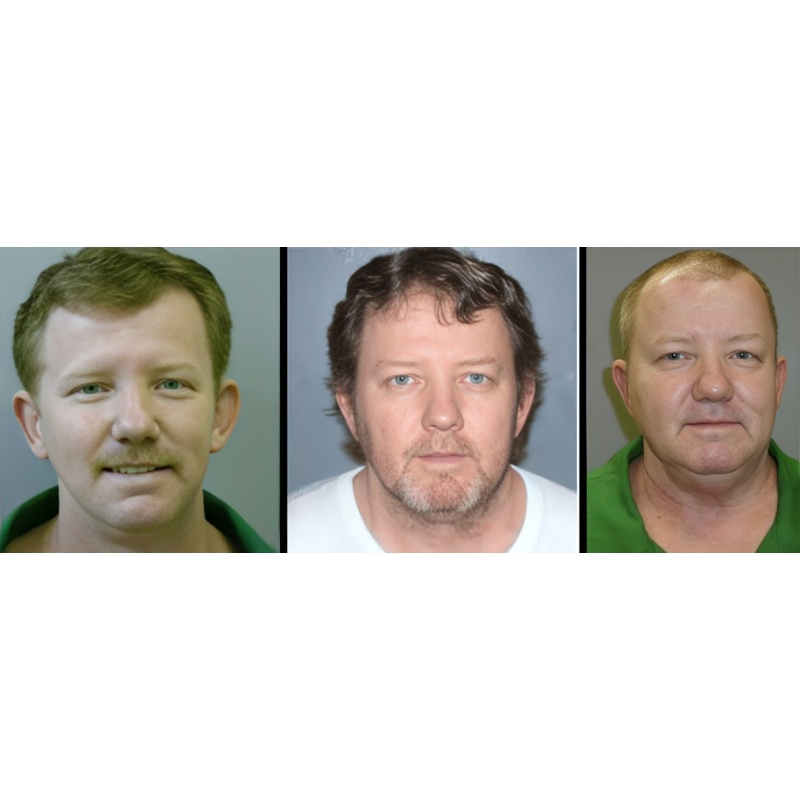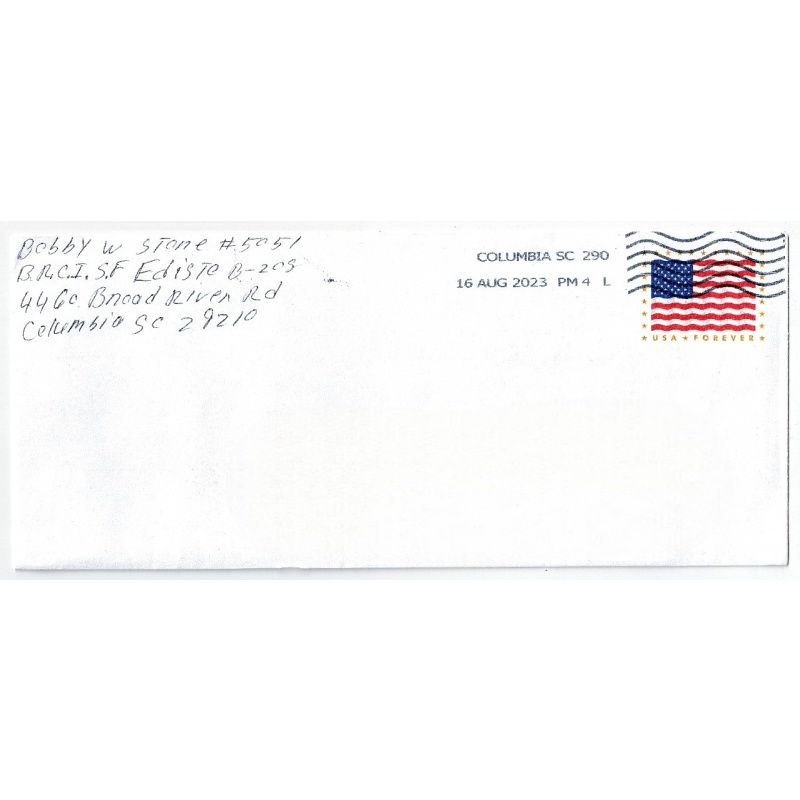BOBBY WAYNE STONE | South Carolina Has No Drugs Left To Execute Death Row Cop Killer | Awaiting execution for 22 years in South Carolina, shortage of drugs for lethal injection means he will have to wait some more | ALS
LongfellowSerenade 27
A death row inmate is due to die … but the State of South Carolina has none of the drugs it needs to kill him.
Bobby Wayne Stone, now 52, was sentenced to death back in 1997 after he was convicted of murder and first degree burglary. On 26 February, 1996, Stone roamed the woods while drinking beer and shooting his guns – a shotgun and a pistol. At one point, he left off gunshots outside a woman’s home and then, when Sergeant Charles Kubala responded, shot three or four more times. Kubala, who was hit once in the neck and once in the ear, died at the scene.
After many years of legal wrangling, including appeals against his murder conviction and death sentence at the Supreme Court, Stone was finally given an execution date of Friday 1, December. But then he made a choice that may have saved his life….
$20.00
- Postage
-
$0.00 to United States
Standard Shipping
Get Additional Rates
- Select Country
- Zip/Post Code
- Quantity
Description
Bobby W. Stone. Autographed Letter, Signed. Handwritten, Commercial #10 (4.125 × 9.5 envelope). Columbia, SC. Pmk: August 16, 2023. Content unknown. SEALED.
It was reported that South Carolina lawmakers are considering legislation that would not only add firing squads as an execution option in the state but also bring back the electric chair.
The proposal already passed the state Senate by a 26-13 vote, and while a similar proposal died in the House, it is expected to pass through this time around without any hitches.
The news came at a time when the House Criminal Laws Subcommittee approved a Senate proposal, which changed South Carolina's default execution method to the electric chair. So, what happened to the default method, the lethal injection?
This change has been forced, in part, because prison officials have complained to lawmakers that they do not have the drugs to carry out the lethal injection because pharmaceutical companies are refusing to sell it to them.
Speaking in 2017 as the state prepared for what would have been its first execution since 2011, Gov. Henry McMaster said, "They are afraid that their names will be made known, and they don’t want to have anything to do with it for fear of retribution, or exposure of themselves, their families, their businesses."
That prisoner, 54-year-old Bobby Wayne Stone, had been on death row for 20 years at that point in time. Two years later, there seems to be no respite in sight for Stone, with the state still struggling to procure the three drugs, including pentobarbital, pancuronium bromide, and potassium chloride, required for the lethal injection.
Numerous human rights organizations have argued that Stone, while guilty of murder, is not deserving of the death penalty because of several mitigating circumstances, and it does remain to be seen whether higher courts share that view.
The story of his slow march to death row began on February 26, 1996, in Sumter County, when he decided to purchase two firearms and some alcohol so he could have fun. Towards the end of that day, Stone tried to visit an acquaintance, Mary Ruth McLeod, who lived nearby with her aunt Ruth Griffith. But Mary refused to let him into her home and asked him to leave the property, reporting the incident to the police immediately.
A short while later, Griffith heard banging on her door and gunshots outside. Because McLeod had already left the house at this point, she once again called the police. Sumter County Sheriff Sergeant Charlie Kubala was the first to respond to the scene and went to the side porch to investigate the noise, which is when Griffith claims she heard a voice yell "halt" or "hold it" followed by several gunshots.
As Kubala approached Stone, he was shot twice, once in the neck and once in the ear. He died almost immediately at the scene. Stone was tracked down just hours later by Sumter County Sheriff officers and was found lying on the murder weapon. He confessed to the crime the next morning, though he insisted he only fired his weapon accidentally because he had been startled by Kubala.
During Stone's subsequent trial, it emerged that he suffered from brain damage which allegedly affected the area of the brain that regulates behavior, as well as significant intellectual impairment. It was also told that he had a family history of schizophrenia and depression, which in turn, saw them struggle to hold down jobs and develop alcohol and drug abuse problems. He also reportedly struggled in school because his family couldn't help him.
But he was sentenced to death after a jury convicted him of first-degree murder in 1997. He has been on death row ever since, with even the setting of his execution date in 2017 mired in controversy.
The South Carolina Attorney General requested the State Supreme Court to move ahead with the execution and it was announced that he would be executed at 6 pm EST, on Friday, December 1, 2017, at the Brood River Capital Punishment Facility at the Brood River Correctional Institute in Columbia, South Carolina.
As at August 20, 2023, he remains on death row at Brood River and has yet to scheduled for execution.
VIDEO: South Carolina Lacks The Lethal Injection Drugs Needed For Execution | https://youtu.be/DuVldyD1gN0
Archiving Protocol:
Handled with White Gloves ab initio
Photo Pages/Sheet Protectors: Heavyweight Clear Sheet Protectors, Acid Free & Archival Safe, 8.5 × 11, Top Load
White Backing Board—Acid Free
Shipping/Packaging:
Rigid Mailer 9.5 ×
12.5. White, self seal, stay flat, kraft cardboard, no bend. Each
rigid mailer is made of heavy cardboard, which has strong resistance
to bending and tearing. Thicker that the USPS mailers. Shipping cost
never more than it absolutely has to be to get it from me to you.
Payments & Returns
- Payment Methods
- PayPal, Money Order
Postage & Shipping
- Item Location
- 54911, Wisconsin, United States
- Ships To
- Worldwide
- Pick-ups
- No pick-ups
- Returns Accepted
- No




-800x800.jpg)



-500x500.jpg)
